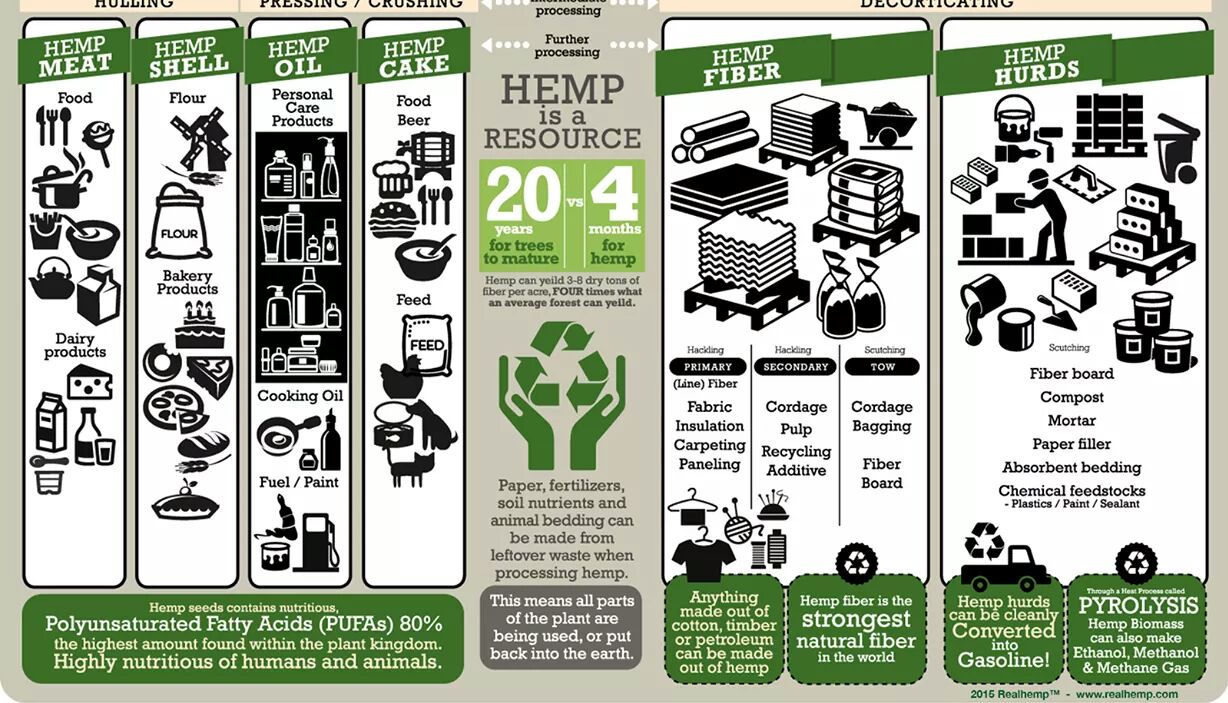

The Benefits of Tokenizing Hemp
The legalization of hemp in many countries has led to a surge in its production, with its potential applications in various industries. Tokenizing hemp has emerged as a viable method to optimize the supply chain, increase transparency, and enhance investment opportunities. It involves creating digital tokens that represent fractions of ownership in a hemp crop or product, which can be traded on blockchain networks. In this article, we will explore the multiple benefits of tokenizing hemp, including efficiency and security, investment opportunities, transparency and traceability, and environmental impact.
Efficiency and Security: How Tokenizing Hemp Benefits the Supply Chain
One of the primary benefits of tokenizing hemp is that it streamlines the supply chain by reducing intermediaries and transaction costs. Digital tokens can be traded globally, eliminating the need for middlemen such as brokers or banks. This creates a more efficient and secure process for buying and selling hemp products, ensuring that farmers and buyers receive fair prices. Furthermore, blockchain technology, which underlies tokenization, provides a tamper-proof and auditable record of transactions, reducing the risk of fraud or disputes.
Investment Opportunities: Tokenizing Hemp as a Commodity
Tokenization also enables investors to participate in the hemp market without purchasing physical assets. Fractional ownership allows for smaller investments, which can attract more people to invest in hemp. Digital tokens can also be traded on secondary markets, providing liquidity and flexibility for investors. Moreover, tokenizing hemp can help farmers raise capital for their crops, as they can sell tokens representing future harvests to investors.
Transparency and Traceability: Tokenizing Hemp for Consumer Confidence
Consumers are becoming more conscious of the origin and quality of the products they use, and tokenizing hemp can increase their confidence in the supply chain. By creating a digital ledger of transactions, blockchain technology can provide full transparency and traceability of hemp products, from the seed to the finished product. Consumers can verify the authenticity and quality of the product, ensuring that it is ethically and sustainably sourced.
Environmental Impact: The Benefits of Tokenizing Sustainable Hemp Farming
Hemp is a sustainable crop that requires fewer resources and chemicals than other crops. Tokenizing hemp can incentivize farmers to adopt more sustainable practices and reduce their carbon footprint. For instance, tokenization can create a market for carbon credits generated by sustainable hemp farming, providing financial rewards for farmers who adopt eco-friendly practices. Moreover, tokenizing hemp can promote the circular economy by facilitating the reuse and recycling of hemp products.
Tokenizing Hemp for a More Sustainable Future
Tokenizing hemp presents numerous benefits for the hemp industry, including increased efficiency, security, investment opportunities, transparency, traceability, and environmental impact. By leveraging blockchain technology and fractional ownership, tokenization can foster a more sustainable and equitable hemp market, benefiting farmers, investors, and consumers. As the world shifts towards more eco-friendly and socially responsible practices, tokenizing hemp can provide a model for the future of agriculture and commerce.





 Home(1)
Home(1)




